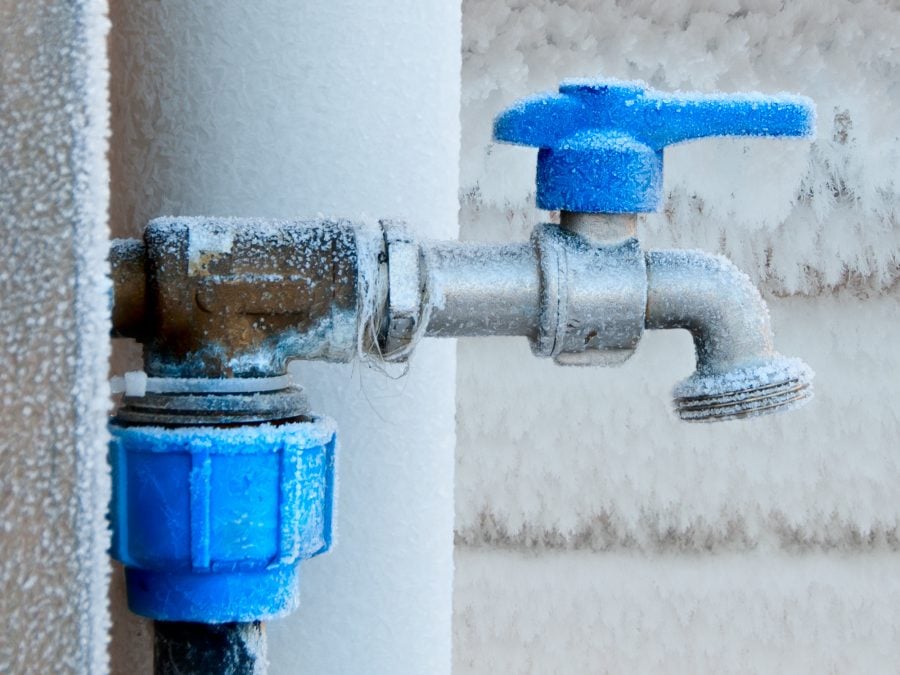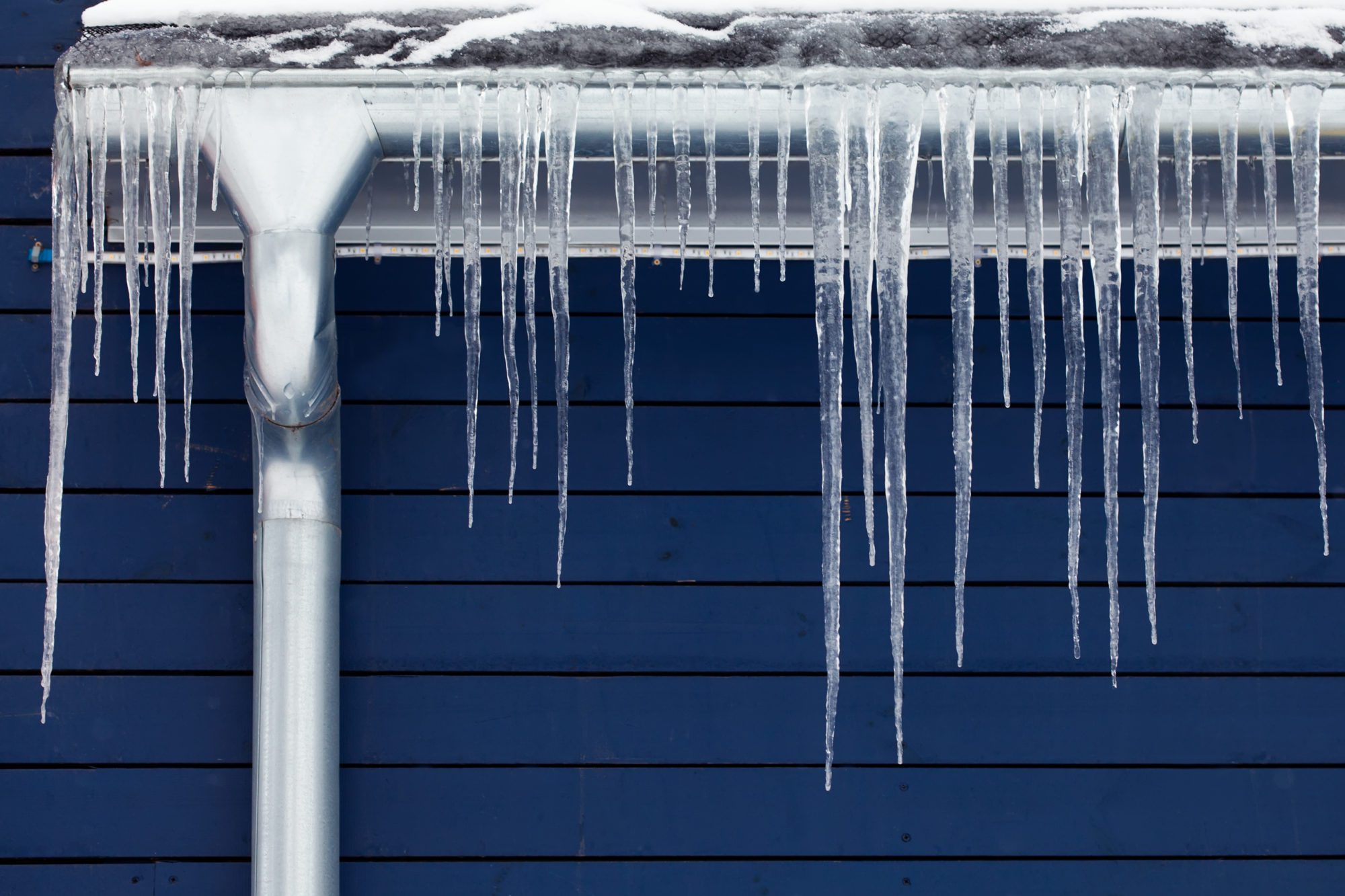Ways to Avoid Frozen Pipes in Cold Weather: Expert Advice
Ways to Avoid Frozen Pipes in Cold Weather: Expert Advice
Blog Article
Every person seems to have their own idea when it comes to Prevent Frozen Pipes .

Cold weather can wreak havoc on your pipes, specifically by freezing pipelines. Right here's how to stop it from happening and what to do if it does.
Introduction
As temperature levels decrease, the threat of frozen pipes boosts, potentially leading to pricey repairs and water damages. Recognizing exactly how to prevent icy pipelines is important for property owners in cold environments.
Understanding Icy Pipes
What creates pipes to ice up?
Pipes freeze when subjected to temperatures below 32 ° F (0 ° C) for prolonged periods. As water inside the pipes ices up, it broadens, putting pressure on the pipe wall surfaces and potentially creating them to burst.
Dangers and damages
Frozen pipelines can result in water supply disturbances, building damage, and costly repair services. Ruptured pipelines can flooding homes and create extensive structural damage.
Signs of Frozen Pipeline
Determining frozen pipes early can prevent them from bursting.
Just how to recognize icy pipelines
Try to find reduced water flow from taps, uncommon odors or noises from pipelines, and noticeable frost on exposed pipelines.
Avoidance Tips
Protecting vulnerable pipelines
Wrap pipelines in insulation sleeves or utilize heat tape to shield them from freezing temperatures. Concentrate on pipes in unheated or exterior areas of the home.
Home heating methods
Maintain interior rooms sufficiently warmed, particularly locations with plumbing. Open up cabinet doors to enable cozy air to flow around pipes under sinks.
Securing Outside Pipes
Garden tubes and outside taps
Detach and drain yard hoses before winter months. Mount frost-proof faucets or cover outdoor faucets with insulated caps.
What to Do If Your Pipes Freeze
Immediate actions to take
If you suspect frozen pipes, keep taps open up to alleviate pressure as the ice thaws. Make use of a hairdryer or towels taken in hot water to thaw pipes slowly.
Long-Term Solutions
Architectural changes
Think about rerouting pipes far from outside walls or unheated locations. Add extra insulation to attic rooms, basements, and crawl spaces.
Updating insulation
Purchase top quality insulation for pipelines, attics, and wall surfaces. Appropriate insulation aids preserve regular temperatures and lowers the danger of icy pipes.
Final thought
Preventing frozen pipelines requires positive procedures and fast reactions. By comprehending the reasons, signs, and preventive measures, house owners can shield their pipes during cold weather.
Helpful Tips to Prevent Frozen Pipes this Winter
UNDERSTANDING THE BASICS: WHY PIPES FREEZE AND WHY IT’S A PROBLEM
Water freezing inside pipes is common during the winter months, but understanding why pipes freeze, and the potential problems it can cause is crucial in preventing such incidents. This section will delve into the basics of why pipes freeze and the associated problems that may arise.
THE SCIENCE BEHIND FROZEN PIPES
When water reaches freezing temperatures, it undergoes a physical transformation and solidifies into ice. This expansion of water as it freezes is the primary reason pipes can burst. As the water inside the pipe freezes, it expands, creating immense pressure on the walls. If the pressure becomes too great, the pipe can crack or rupture, leading to leaks and water damage.
FACTORS THAT CONTRIBUTE TO PIPE FREEZING
Low Temperatures: Extremely cold weather, especially below freezing, increases the risk of pipes freezing. Uninsulated or Poorly Insulated Pipes: Pipes located in unheated areas, such as basements, crawl spaces, or attics, are more prone to freezing. Insufficient insulation or lack of insulation altogether exacerbates the problem. Exterior Wall Exposure: Pipes running along exterior walls are susceptible to freezing as they encounter colder temperatures outside. Lack of Heating or Temperature Regulation: Inadequate heating or inconsistent temperature control in your home can contribute to frozen pipes. PROBLEMS CAUSED BY FROZEN PIPES
- Pipe Bursting: As mentioned earlier, the expansion of water as it freezes can cause pipes to burst, resulting in significant water damage.
- Water Damage: When pipes burst, it can lead to flooding and water damage to your property, including walls, ceilings, flooring, and personal belongings.
- Structural Damage: Prolonged exposure to water from burst pipes can compromise the structural integrity of your home, leading to costly repairs.
- Mold and Mildew Growth: Excess moisture from water damage can create a favorable environment for mold and mildew growth, posing health risks to occupants.
- Disrupted Water Supply: Frozen pipes can also result in a complete or partial loss of water supply until the issue is resolved.
WHY CERTAIN PIPES ARE MORE PRONE TO FREEZING
- Location: Pipes located in unheated or poorly insulated areas, such as basements, crawl spaces, attics, or exterior walls, are at higher risk of freezing.
- Exterior Pipes: Outdoor pipes, such as those used for irrigation or exposed plumbing, are particularly vulnerable to freezing as they are directly exposed to the elements.
- Supply Lines: Pipes that carry water from the main water supply into your home, including the main water line, are critical to protect as freezing in these lines can affect your entire plumbing system.
- Underground Pipes: Pipes buried underground, such as those connected to sprinkler systems or outdoor faucets, can be susceptible to freezing if not properly insulated.
https://busybusy.com/blog/helpful-tips-to-prevent-frozen-pipes-this-winter/

Do you enjoy reading about Winter Plumbing Precautions: Preventing Frozen Pipes? Make a comment down below. We will be pleased to see your opinions about this blog post. Hoping that you come back again soon. So long as you enjoyed our article please do not forget to share it. We enjoy reading our article about Prevent Frozen Pipes .
Top Article Report this page